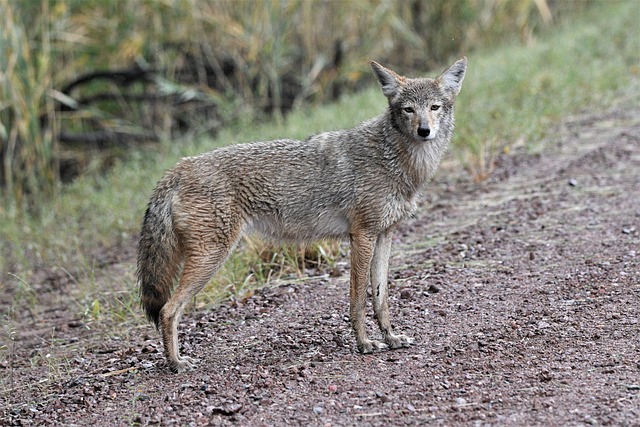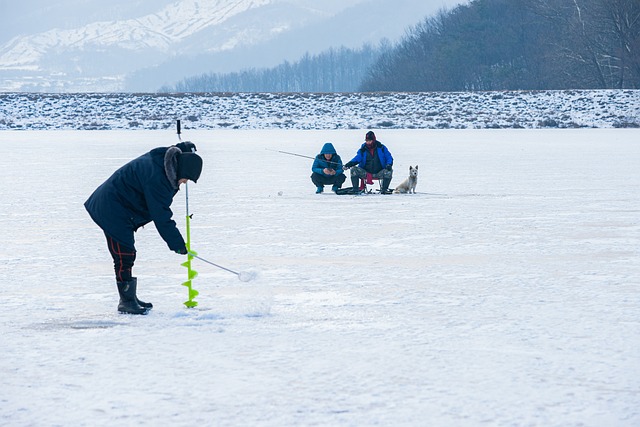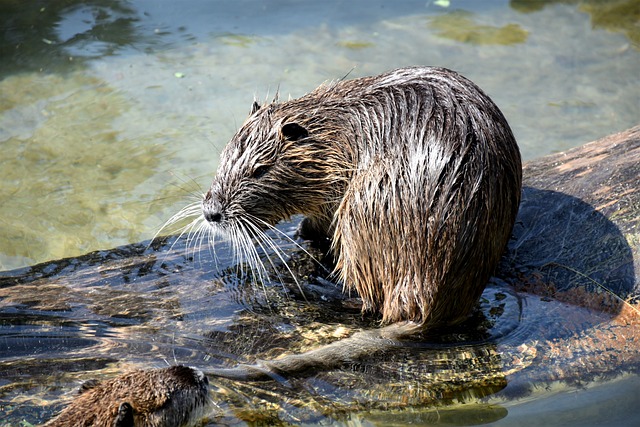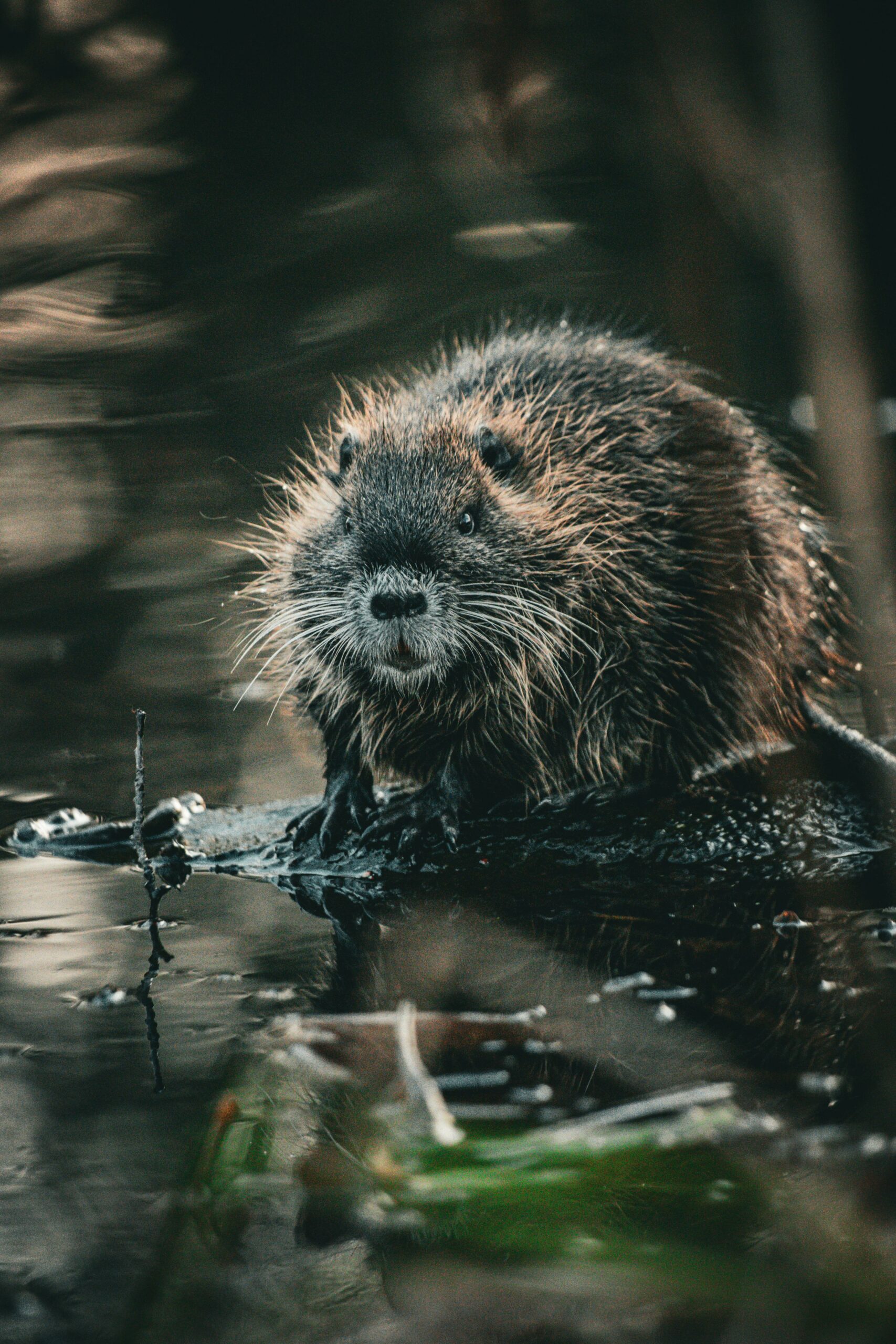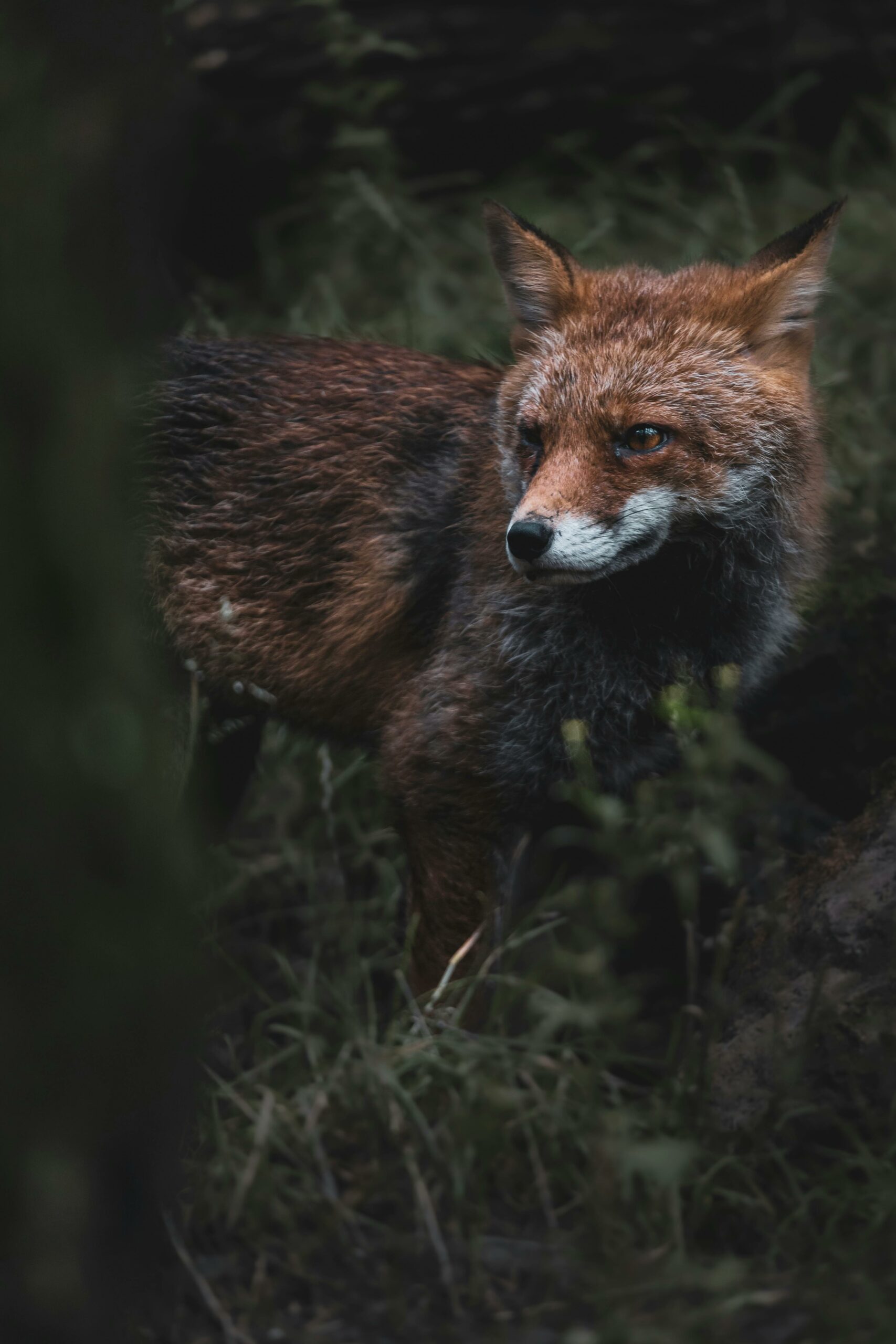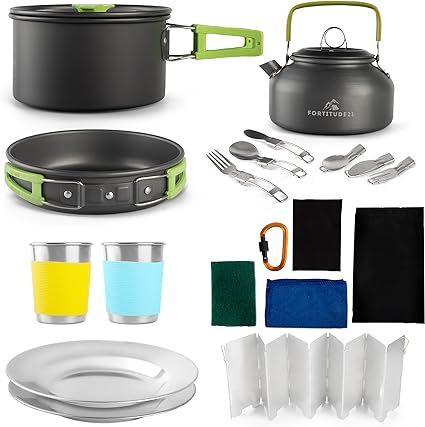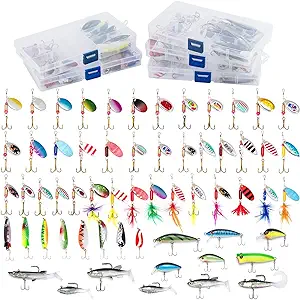Embracing Early Summer Skunks: A Guide to Dealing with these Unexpected Visitors
As the warm, sunny days of early summer arrive, so do some unexpected visitors – skunks. While these furry creatures may not be the first thing that comes to mind when you think of summer, they are a common sight during this time of year. Whether you have encountered them in your garden, near your home, or even worse, had a run-in with their infamous spray, it’s important to know how to deal with them effectively and safely.
Understanding Skunks
Skunks are nocturnal creatures that are known for their distinctive black and white fur and their potent spray, which they use as a defense mechanism when they feel threatened. They are omnivores, meaning they eat both plants and animals, and are attracted to areas where they can find food, water, and shelter.
Signs of Skunk Activity
There are several signs that indicate skunks may be present in your area. These include:
- Digging: Skunks are known for digging small holes in search of insects, grubs, and other food sources.
- Strong Odor: The unmistakable smell of skunk spray is a clear indicator of their presence.
- Damaged Plants: Skunks may damage plants in search of food.
Dealing with Skunks
If you encounter skunks near your home or in your garden, it’s important to handle the situation carefully to avoid any unpleasant encounters. Here are some tips for dealing with skunks:
- Preventative Measures: To deter skunks from coming near your home, make sure to secure all garbage cans, remove any potential food sources, and seal off any potential entry points to your property.
- Use Natural Deterrents: Consider using natural deterrents such as ammonia-soaked rags, citrus peels, or even predator urine to deter skunks from entering your property.
- Professional Help: If you have a persistent skunk contact a local animal control company.






